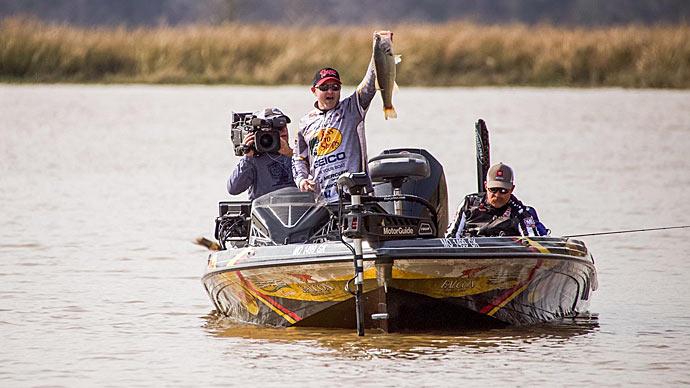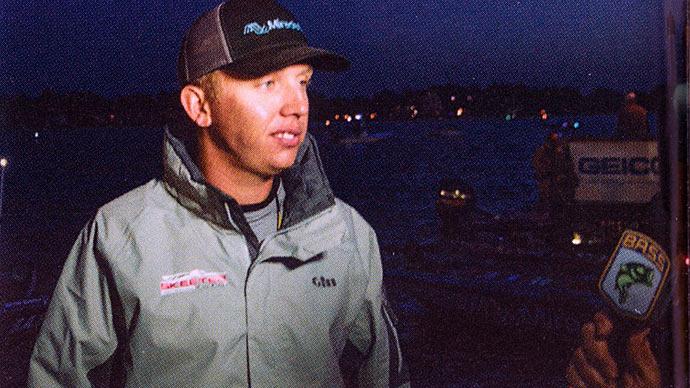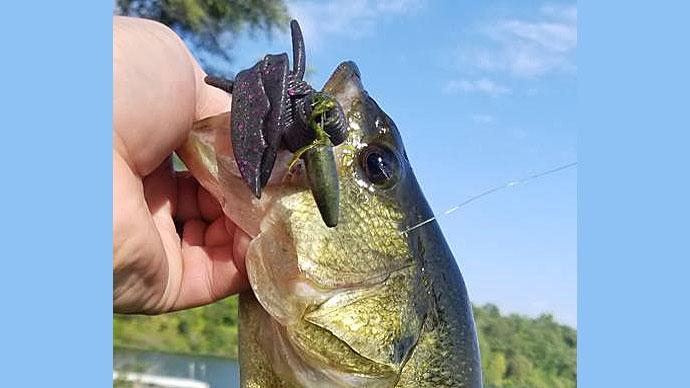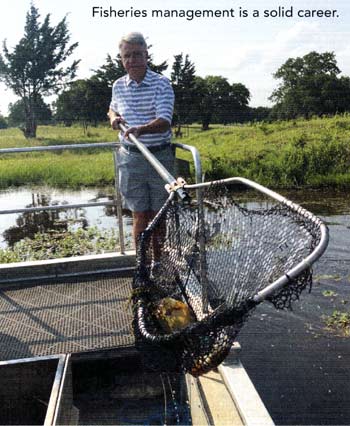
"What do you want to be when you grow up?"
Believe it or not, "I want to study, manage, and work with the environment, fish, and wildlife!" is an answer. It's not just an answer; it's a great answer with many different opportunities and job possibilities.
There are jobs with requirements ranging from a high school degree with practical trade work experience to jobs that require specialized PhDs. Some jobs require working outdoors in all weather conditions, while others are technical or managerial and require a lot of computer and office work.
Many jobs relating to fisheries, wildlife, and the environment require secondary education (anything after high school), so college might be necessary.
Fortunately or unfortunately, the opportunities are endless! There are degree pathways ranging from associate degrees (2 years of college) through Ph.D. programs (8 plus years), and there are lots of Bachelor's (4 years) degrees. Under the umbrella of environment, fish, and wildlife are degree titles with names like Environmental Studies, Forestry, Fisheries and Wildlife Technicians, Fish Scientists, Natural Resources, and Aquaculture, just to name a few. These programs exist in local community colleges, big Ivy League colleges, and many others.
After college, many jobs are available to students trained in environmental, fish, and wildlife degree programs. One avenue is state agency jobs; these are jobs with a state's fish and wildlife bureau. In New York, the New York State
Department of Environmental Conservation (NYSDEC) hires Forest Rangers (who are also peace officers), Encon Officers (who are State Police officers), fish hatchery workers, fisheries or wildlife biologists, fisheries or wildlife technicians, foresters, and environmental regulators, just to name a few.
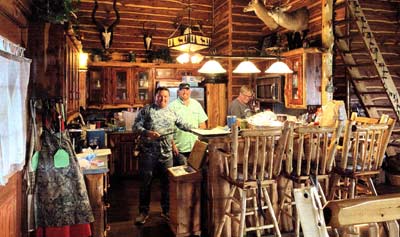
Similarly, there are federal jobs for graduates with agencies including the Army Corps of Engineers, the US Geological Service (USGS), the US Fish and Wildlife Service, the Environmental Protection Agency (EPA), and the Department of Interior.
Private industry also offers many jobs under the umbrella of fish, wildlife, and the environment. Environmental lawyers focus on environmental regulations, but in this case, they would work for companies and individuals, not a state or federal agency. Similarly, environmental consultants work for people, groups, or agencies doing similar jobs as seen in state and federal agencies. For example, a pond consultant might help someone build the pond of their dreams, helping the owner make decisions. Or, they might help a landowners association manage a pond, making it a desirable recreational setting for the neighborhood's residents.
There are so many employment opportunities that it's hard to name them all! But it's important to know what these jobs are not. In most cases, they are not just being outdoors hunting and fishing and having fun. These are actual jobs, and the employer will expect that work will be done correctly and efficiently. The hope is to find enjoyable, fulfilling work; it is not to get paid to do nothing. Even guide work, which might look like it's just taking people hunting or fishing all day, is hard work; the customer has expectations, including catching a fish or taking the buck of a lifetime and paying the guide to make that happen.
Even if the job involves fish, wildlife, and the environment, plan on working hard, constantly learning new information, and being held accountable while (hopefully) enjoying the job at hand!
So, how does a student turn loving fish, wildlife, and the living environment into a job? First, be honest with yourself. Ask some questions and think about your interests. Do you find fish, wildlife, or the living environment more interesting? Do you see yourself going to college, and if you do, for how long? Are you good with technology and want to implement technology into your job? Do you want to be indoors or outdoors or a mix? Do you like rules, laws, and other orderly things or excitement, sweat, and grime? Are you interested in veterinary sciences as well? Maybe you like construction, building, and managing physical things. Dig down and consider what you love, what you like, and what you are unwilling to do regarding a job.
Once you have a better handle on your interests, start looking at jobs you're interested in and see what they require for employment. If college is needed, look at colleges with degree programs matching your interests. Then, find out what it's like to have an entry-level (starter) job in your areas of interest and see if you can still imagine yourself doing that job. If you're still unsure or want to be extra sure, look at the cost of the degree, find out how hard it is to get a job in the field, and what that entry-level job pays. Does the math add up (you might need a supportive adult to help you here, parent, friend, guidance counselor)?
Once you have found some information about jobs and degrees in your interest area, circle back to a self-evaluation. Does the information you found still align with your likes and dislikes? If it does, wonderful, head to a guidance counselor and start planning. If it doesn't, that's okay too. Try again with some different job descriptions; there are so many possibilities!
Christine Cornwell is a horse trainer who lives in upstate New York with her husband and son. She worked for the New York State Department of Environmental Conservation as a high school science teacher. Sharing her love of a healthy, natural world is a daily passion.
Reprinted with permission from Pond Boss Magazine

